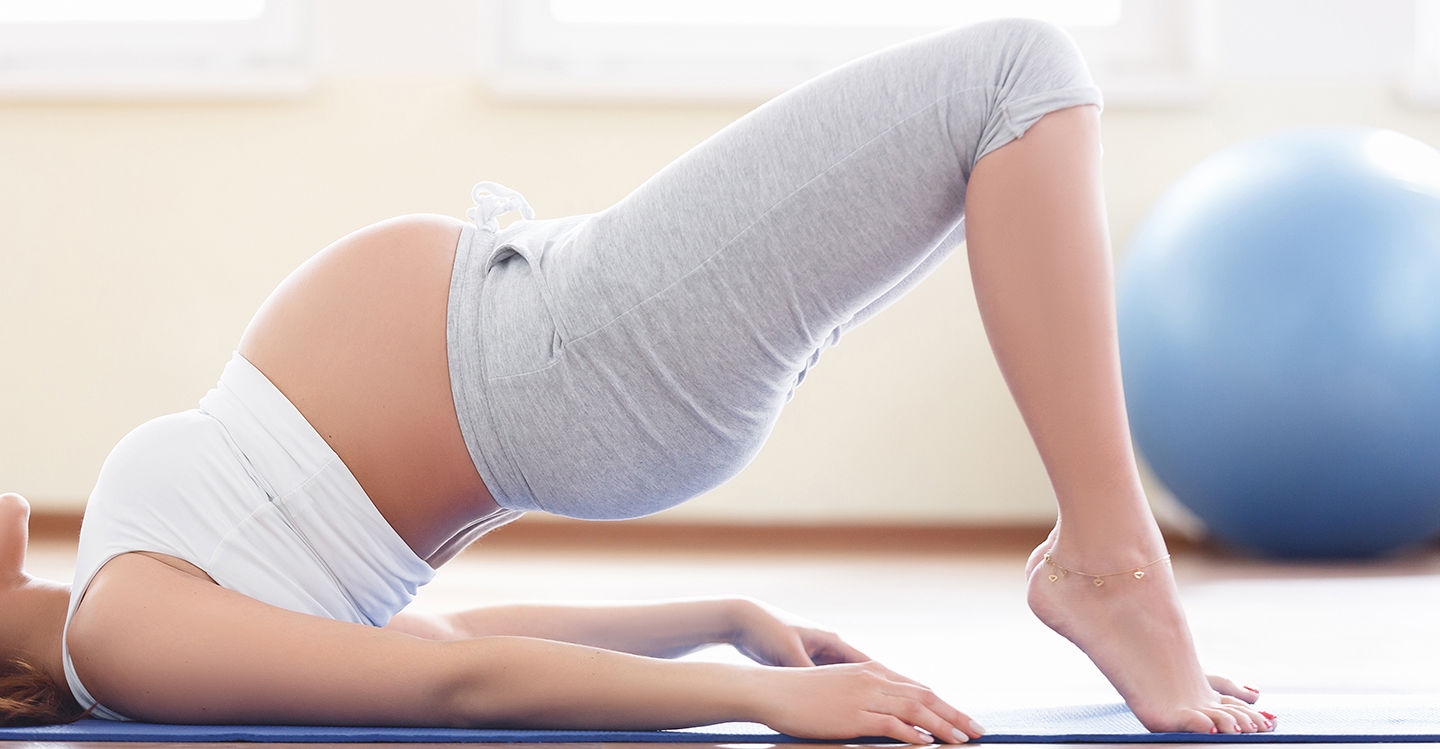Will exercising while I'm pregnant harm my baby?
No. Provided you are otherwise healthy and your doctor doesn’t identify any risks, a sensible approach to recommended exercise will not harm your baby.
What exercise can I do while pregnant?
The best types of exercise for pregnant women help keep their muscles supple, assist in weight maintenance and are generally low impact. There are many great opportunities to undertake exercise which avoid high-intensity exertion or high-impact on muscles and joints already increasingly under strain. Some good examples include:
- Swimming
- Brisk walking
- Stationary spin cycling
- Aquanatal classes (water aerobics for pregnant women)
- Pregnancy yoga or Pilates.
Many gyms and community centres offer a large range of exercise classes specifically for expecting mums. Have a search online to see what’s close to your local area.
Keep in mind that your exercise opportunities needn’t be formal. Activities such as housework and gardening require the same type of low intensity aerobic output as walking or yoga.
What exercise should I avoid while pregnant?
There are two main types of exercise to avoid: the type where you risk colliding with others, and the type that risks you colliding with the ground.
Contact sports such as netball, rugby, football – even tennis, cricket and squash – carry a risk of collision with people or objects. These are especially dangerous since you have no control over where the contact will come from.
Certain other types of exercise involve a risk that you might be off-balanced and fall, e.g. skiing, road cycling, skating, horse-riding and motor biking. Avoid these as much as possible, and avoid all together the further you get into your pregnancy.
Is there any reason I shouldn't exercise?
If you have any concerns or suspicions that you should avoid exercise, always seek your doctor’s advice. Some reasons you might be advised not to exercise include:
- You have recently been heavily overweight
- You have a history of miscarriage
- You have severe anaemia (very low iron)
- You have heart or lung complications
- You are expecting more than one baby
- You experience chronic joint or muscle pain
- You have complications with your cervix
- You experience persistent vaginal bleeding
Your obstetrician or doctor will consult with you on the best course of action, and together you might be able to work out a program that reduces any dangers.
What are the benefits of exercising while pregnant?
What’s good for mum is good for baby too, and the benefits of exercise while pregnant are numerous and far-reaching – indeed, they extend beyond birth. Some of these benefits include:
- Better self-esteem regarding the changes your body is going through
- A body and mind more resilient to the challenges of birth and post-natal life
- Maintenance of a healthy heart and weight
- Better sleeping patterns
- The opportunity to socialise with others
- Increased energy levels (which usually means a higher libido too!).
Always consult with your doctor, obstetrician or physiotherapist before undertaking exercise while pregnant, but the goal should always be to maintain or even introduce an active lifestyle during your pregnancy.
*The above should not be considered a substitute for professional medical advice. Always seek the advice of trained medical professionals.



